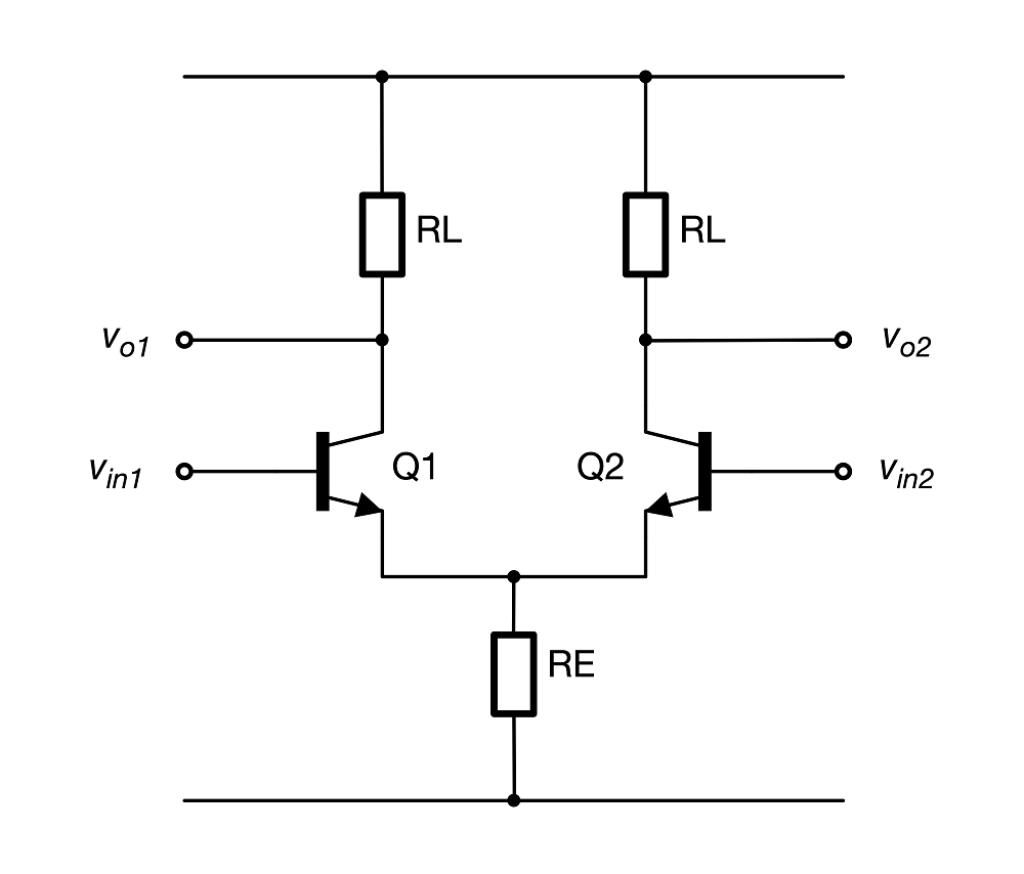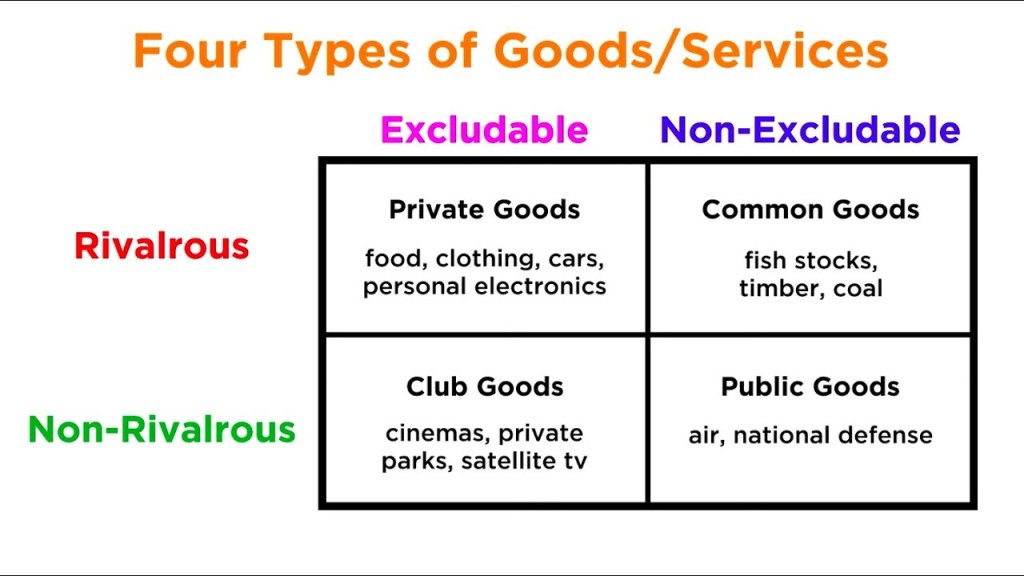Mastering Electronics 101: The Ultimate Guide To Common Good In Electronics – Unlock The Power Now!
Electronics 101: Understanding the Common Good
Greetings, Readers! In this article, we will delve into the world of electronics and explore the common good it brings to our lives. From the devices we use daily to the advanced technologies that shape our future, understanding the basics of electronics is essential in today’s fast-paced world. So, let’s dive in and explore the fascinating world of electronics together!
Introduction
Electronics is a vast field that encompasses a wide range of devices, systems, and technologies. It is the science and technology behind the flow of electrons in conductive materials, which enables the creation, transmission, and processing of information. From smartphones and computers to televisions and GPS systems, electronics has revolutionized the way we communicate, work, and entertain ourselves.
2 Picture Gallery: Mastering Electronics 101: The Ultimate Guide To Common Good In Electronics – Unlock The Power Now!


Understanding the common good that electronics brings is crucial in comprehending its significance in our lives. In this article, we will explore the various aspects of electronics and shed light on its impact on society, economy, and personal well-being. So, let’s begin our journey into the world of electronics!
What is Electronics?
🔍 Electronic devices are gadgets or machines that use electrical energy to perform specific tasks. These devices are made up of various components such as transistors, resistors, capacitors, and integrated circuits, which work together to process and transmit information.
🔍 The role of electronics is crucial in modern technology. It enables the development of advanced systems like artificial intelligence, robotics, and renewable energy sources. Electronics is the driving force behind innovations that enhance our lives and shape the future.

Image Source: i0.wp.com
🔍 Key principles of electronics include Ohm’s Law, which defines the relationship between current, voltage, and resistance, and Kirchhoff’s Laws, which govern the behavior of electrical circuits. Understanding these principles is fundamental in designing and troubleshooting electronic systems.
🔍 Importance of electronics education cannot be understated. By having a solid foundation in electronics, individuals can pursue careers in various fields, from engineering and telecommunications to research and development.
Who Uses Electronics?
🔍 Individuals from all walks of life use electronics in their daily routines. From using smartphones to connect with loved ones to utilizing medical devices for healthcare, electronics has become an integral part of our personal lives.
🔍 Industries rely on electronics to streamline operations, enhance productivity, and develop cutting-edge products. Sectors such as telecommunications, aerospace, automotive, and entertainment heavily depend on electronic systems to deliver their services to customers.
🔍 Researchers and Innovators push the boundaries of electronics by developing new technologies and systems. Their work drives advancements in areas like nanotechnology, quantum computing, and renewable energy, further expanding the possibilities of electronics.
When Was Electronics Invented?
Image Source: twimg.com
🔍 The beginnings of electronics can be traced back to the late 19th century. The discovery of the electron by J.J. Thomson in 1897 laid the foundation for understanding the behavior of electricity and paved the way for the development of electronic devices.
🔍 The invention of the transistor in 1947 by John Bardeen, Walter Brattain, and William Shockley revolutionized the field of electronics. Transistors replaced bulky and inefficient vacuum tubes, leading to the miniaturization of electronic devices and the birth of the digital age.
🔍 Advancements in electronics have been rapid since the invention of the transistor. Integrated circuits, microprocessors, and nanoelectronics have pushed the boundaries of what is possible, leading to the creation of powerful computers, smartphones, and other advanced electronic systems.
Where is Electronics Used?
🔍 Electronics in households can be found in an array of devices, from kitchen appliances and entertainment systems to security systems and smart home technology. These devices enhance convenience, safety, and entertainment in our daily lives.
🔍 Electronics in healthcare have revolutionized the medical industry. From diagnostic equipment and imaging systems to life-saving devices like pacemakers, electronics play a vital role in improving healthcare outcomes and saving lives.

Image Source: ytimg.com
🔍 Electronics in transportation have made vehicles safer, more efficient, and more connected. Advanced navigation systems, electric vehicles, and driver assistance technologies all rely on electronics to provide reliable and innovative transportation solutions.
Why is Electronics Essential?
🔍 Advancing technology relies on electronics to keep pushing boundaries. From exploring artificial intelligence to harnessing renewable energy, electronics enables progress and innovation in various fields.
🔍 Economic impact of electronics is substantial. The electronics industry contributes significantly to global GDP and employment. It drives economic growth through manufacturing, research and development, and the sale of electronic devices and components.
🔍 Improved quality of life is a direct result of electronics. From communication and entertainment to healthcare and transportation, electronics enhances our well-being by making tasks more efficient, convenient, and enjoyable.
How Does Electronics Work?
🔍 Electronic systems function based on the principles of signal processing, data transmission, and control. Components such as sensors, processors, and actuators work together to receive, process, and produce information in various forms.
🔍 Digital circuits use binary systems to represent and process information. By using combinations of 0s and 1s, digital electronics can perform complex calculations and execute instructions with remarkable speed and accuracy.
🔍 Analog circuits process continuous signals, allowing for precise control and representation of real-world phenomena. Analog electronics is essential in areas such as audio amplification, power regulation, and signal processing.
Advantages and Disadvantages of Electronics
Advantages
1. Efficiency: Electronics allows for efficient information processing, leading to improved productivity and reduced energy consumption.
2. Connectivity: Electronic devices enable seamless communication and connection with people worldwide, bridging distances and fostering collaboration.
3. Automation: Electronics automates repetitive tasks, freeing up time and resources for more complex and creative endeavors.
4. Accessibility: Electronics has made information and services more accessible to a wider audience, empowering individuals and communities.
5. Innovation: Electronics drives innovation by providing a platform for new ideas and technologies to flourish, leading to advancements in all areas of life.
Disadvantages
1. Dependence: The reliance on electronics can lead to overdependence and potential disruptions in the event of system failures or power outages.
2. Privacy concerns: As electronics enable the collection and sharing of vast amounts of personal data, privacy and security risks arise.
3. Environmental impact: The production and disposal of electronic devices contribute to electronic waste, posing challenges for sustainable waste management.
4. Technological disparities: Not everyone has equal access to electronics, creating disparities in opportunities and digital divide.
5. Health implications: Prolonged exposure to electronic devices can have adverse effects on physical and mental well-being, such as eye strain and sleep disturbances.
Frequently Asked Questions (FAQ)
1. Are electronics safe to use?
Yes, electronics are generally safe to use when used properly and follow manufacturer guidelines. However, certain precautions should be taken, such as using surge protectors and keeping devices away from water sources.
2. Can I repair electronic devices myself?
It depends on the complexity of the device and your level of expertise. Simple repairs like replacing batteries or cables can often be done by individuals, but more complex repairs should be left to professionals.
3. How can I dispose of electronic waste responsibly?
Electronic waste should be recycled or disposed of at designated collection points. Many electronic retailers and local recycling centers offer programs for proper disposal of electronic waste.
4. What are the career opportunities in electronics?
The field of electronics offers various career opportunities, including electronic engineering, telecommunications, research and development, and manufacturing. The demand for skilled professionals in these areas continues to grow.
5. What is the future of electronics?
The future of electronics is promising, with advancements in areas like artificial intelligence, quantum computing, and renewable energy. Electronics will continue to revolutionize industries and shape our daily lives.
Conclusion
In conclusion, electronics plays a vital role in our modern world. From the devices we use to the technologies that drive innovation, understanding electronics’ common good is essential. By grasping the principles and applications of electronics, we can fully appreciate its impact on our lives, society, and the future. So, let’s embrace the power of electronics and continue to explore its vast possibilities together!
Remember, in this fast-paced digital age, electronics will continue to shape our world and open doors to endless possibilities. So, stay curious, keep learning, and let electronics guide you towards a brighter future!
Final Remarks
Disclaimer: The information provided in this article is for educational purposes only. It is not intended as professional advice or endorsement of any specific products or brands. Always consult professionals or experts in the field for personalized guidance and recommendations.
This post topic: Electronics

